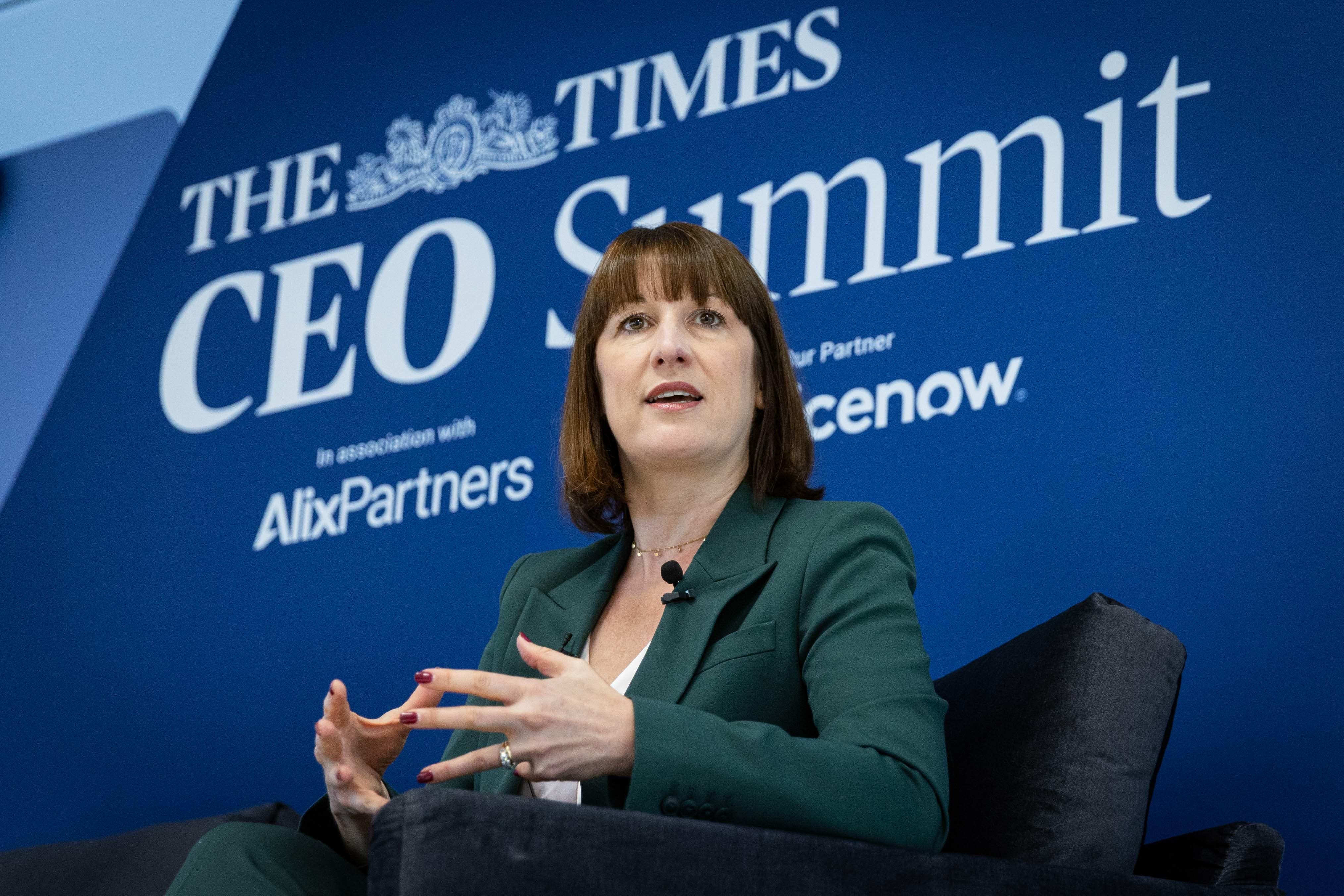Labour’s VAT on private school fees would not come in until 2025, Rachel Reeves says
Rachel Reeves says it would not be ‘the right thing to do’ to impose retrospective tax on private schools
Labour will not impose VAT on private school fees until at least 2025 if it wins the general election, shadow chancellor Rachel Reeves has suggested.
Sir Keir Starmer’s party believes it can raise some £1.6bn a year by ending the 20 per cent VAT exemption as part of its plans to recruit around 6,500 specialist state school teachers in England.
The policy is among the most-discussed in Labour’s manifesto, and has raised concerns of local authority schools being strained by a sudden influx of pupils taken out of private schools due to rising fees.

Sir Keir said in the early days of the election campaign that his party – which is some 20 points ahead in the polls – would seek to implement the change “straight away” and “as soon as it can be done”.
Ms Reeves, the shadow chancellor, has now suggested that the policy will not be enforced until 2025.
“We’re not going to have a retrospective tax,” she told the Times CEO Summit. “I don’t think that would be the right thing to do. So these changes would be in our first budget, but they would come in after that, not retrospectively.”
The plans would become law after being passed in Labour’s first finance bill, meaning the earliest they could take effect would be the term starting in January 2025, according to The Times, which reported that experts believe the policy would likely not commence until the start of the new school year in September.
Ms Reeves said she did not expect schools to pass on the full cost to parents, and suggested that she is prepared to give them time to make savings before ending the VAT exemption.

“Over the last 14 years state schools have had to make huge efficiencies because of the cuts to real-terms spending,” the Labour frontbencher said. “I strongly believe that private schools as well, have to be able to make efficiencies.”
Sir Keir has faced questioning about the policy from concerned audience members during campaign debates, responding during the Sky News panel last week that he had nothing against private schools, but said that “every parent has aspiration for their children whether they go to private school or not”.
A recent survey of 2,000 people with investable assets of more than £250,000, conducted alongside the latest Saltus Wealth Index report, found that some 26 per cent claimed they would have to take their children out of private schools if VAT was imposed.
Julie Robinson, chief executive of the Independent Schools Council, welcomed Ms Reeves’ comments ruling out retrospective VAT, but told The Times: “This is only one part of the picture: families and schools still do not have the clarity they need to properly plan.
“In particular we are concerned about the prospect of in-year tax rises and the acute negative effect that would have on parents’ budgets and children’s education. We hope that any policy would take into account the school year and admissions cycles.”
A Labour spokesperson said: “The next Labour government will hit the ground running on day one to break down the barriers to opportunity by recruiting 6,500 new teachers through ending the tax breaks for private schools.”
Join our commenting forum
Join thought-provoking conversations, follow other Independent readers and see their replies
Comments
Bookmark popover
Removed from bookmarks